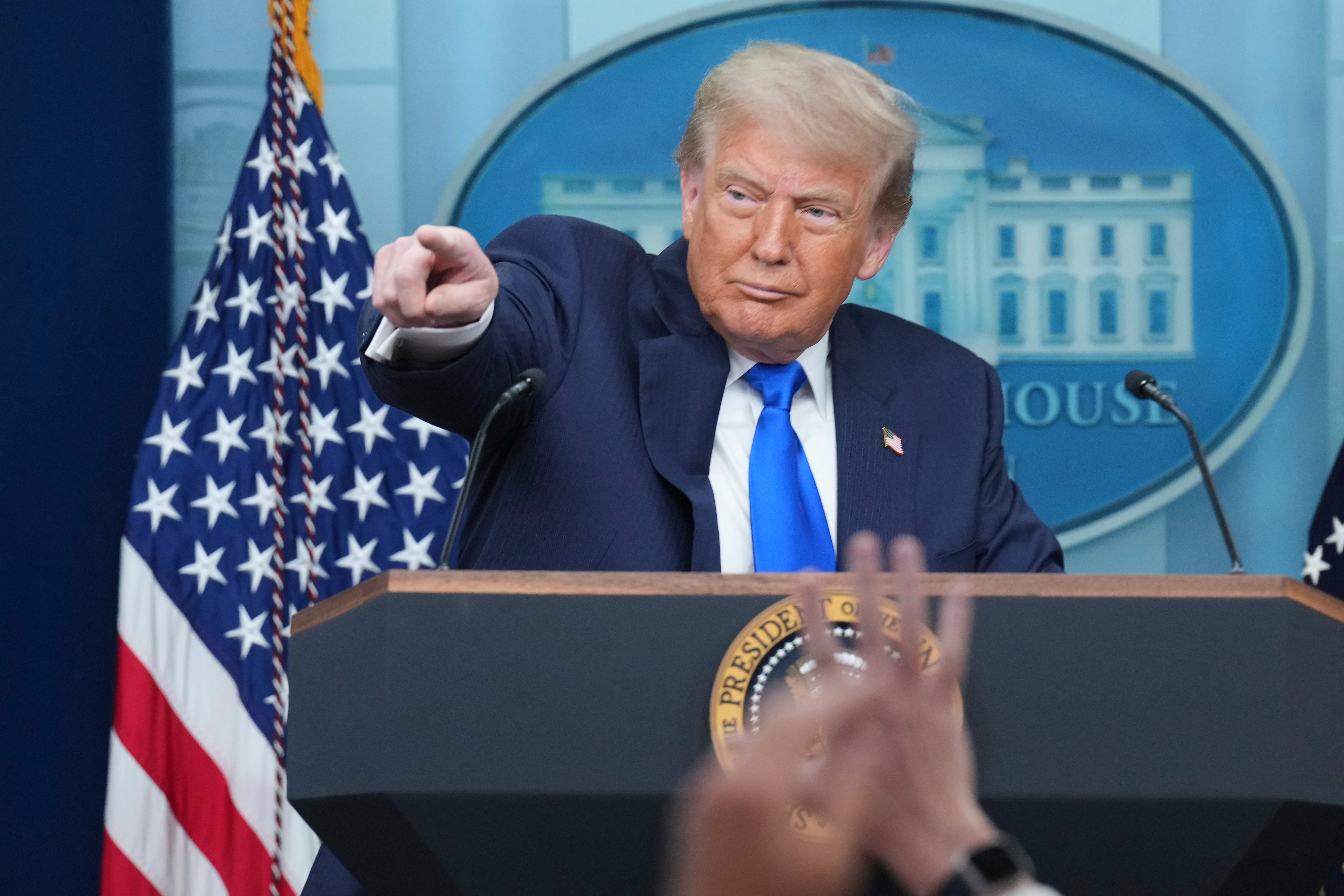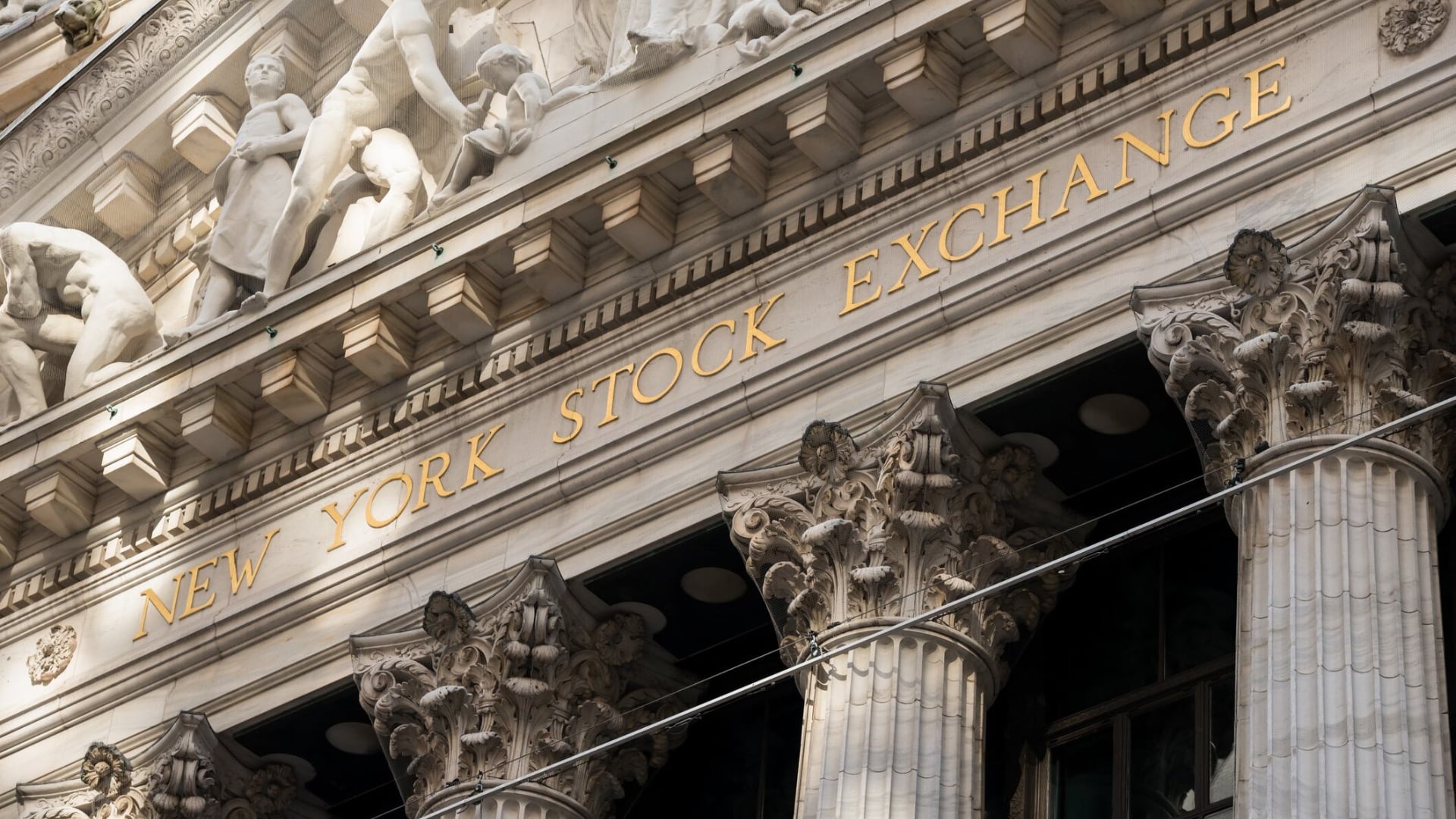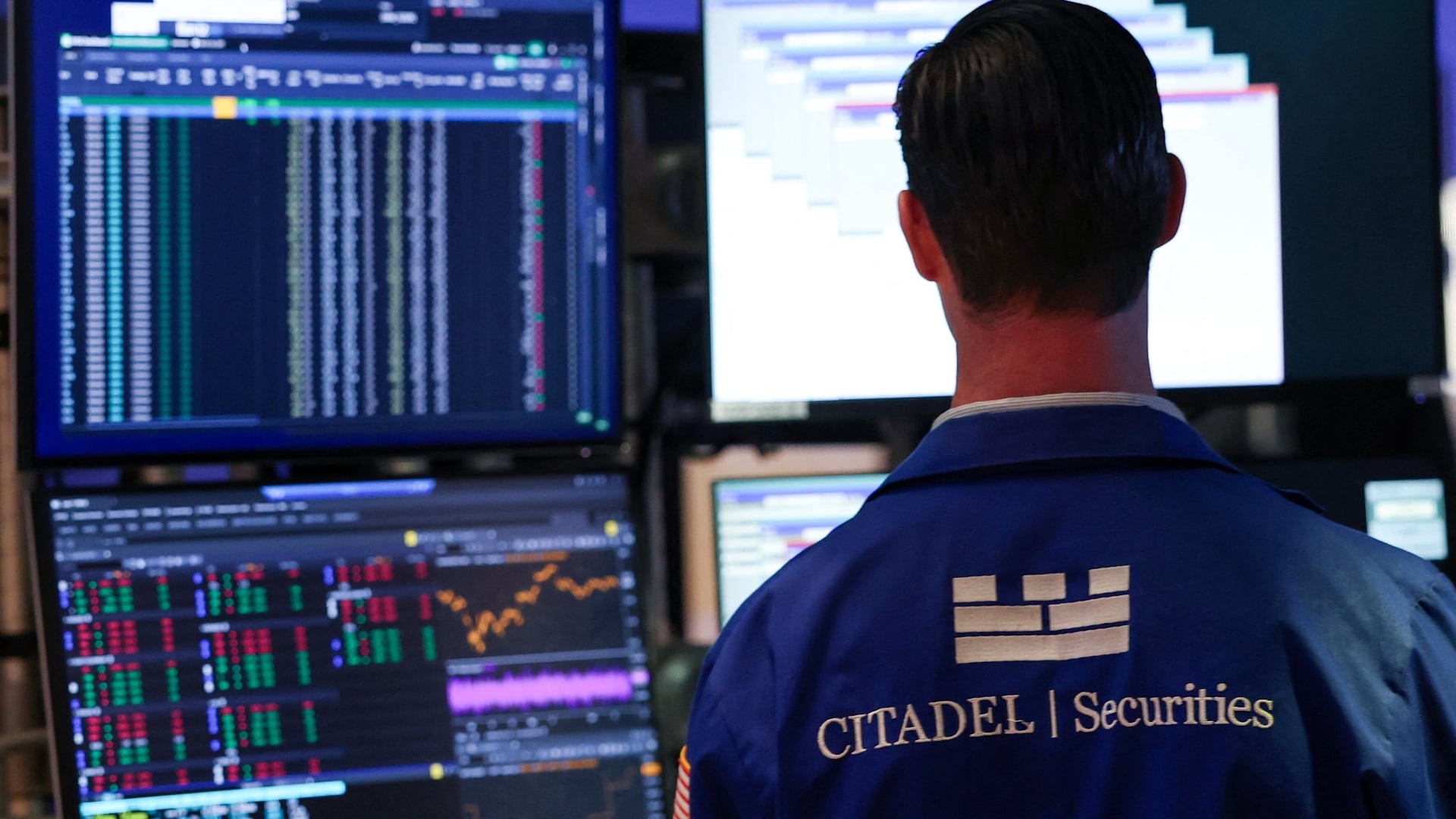The Week's Top Stories is a guided tour through the biggest market stories of the week, from winning stocks to brutal dips to the facts and forecasts generating buzz on Wall Street.
DEBT CEILING UPDATE
Lawmakers reportedly made some progress on debt talks, with Republicans and Democrats working toward a potential deal to raise the federal ceiling but largely limit spending over the next two years. On the table are defense spending and contoversial investments in the IRS. The Biden administration is also working out a contingency plan to potentially delay payments to the U.S. Treasury. The Dow Jones jumped over 300 points going into Memorial Day weekend as hopes rose that the federal government would not default.
NVIDIA SPARKS RALLY
The stock market also got a boost on Thursday after chipmaker Nvidia reported a 20 percent jump in revenue from the previous quarter, mostly due to the artificial intelligence boom fueling demand for high-end semiconductors. The company's shares surged more than 25 percent following the report and helped spark a rally across the tech sector. “The computer industry is going through two simultaneous transitions — accelerated computing and generative AI,” CEO Jensen Huang in a statement.
DUMPING DOLLAR TREE
Meanwhile, Dollar Tree's stock fell more than 16 percent after the company disappointed on earnings and lowered its profit outlook for the year. The earnings miss reflects a number of headwinds facing the discount retailer, among them higher levels of shrink and a shift to lower-margin consumables. These challenges have been felt across the sector, which has struggled with changes to consumer demand post-pandemic.
BEST BUY BEATS
Bucking the trend, however, is Best Buy. The technology retailer's stock is up nearly 5 percent for the week on the back of an earnings report that beat Wall Street estimates. Tempering the rally though is the fact that Best Buy is still expecting weaker spending on consumer electronics in the coming year. “What we would say is we’ve been seeing a consumer who is — whether or not you call it a recession — exhibiting some recessionary behaviors,” CEO Corie Barry told investors.








